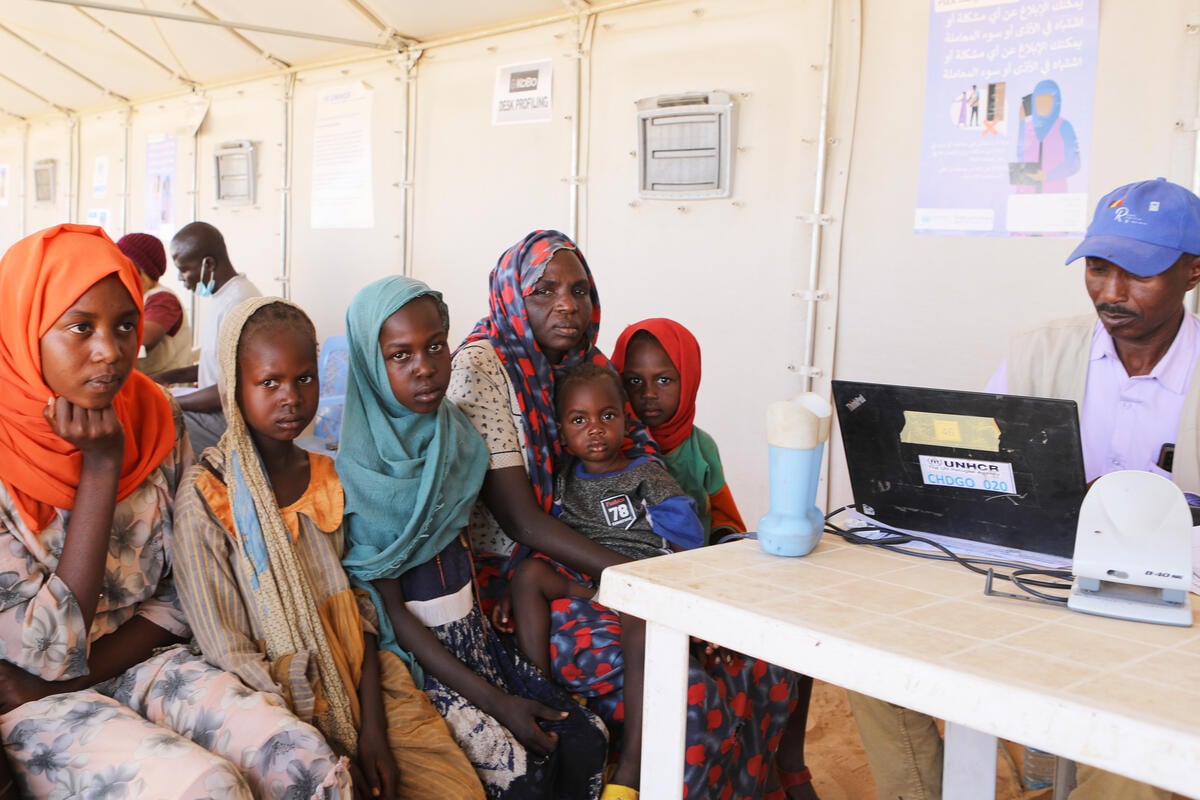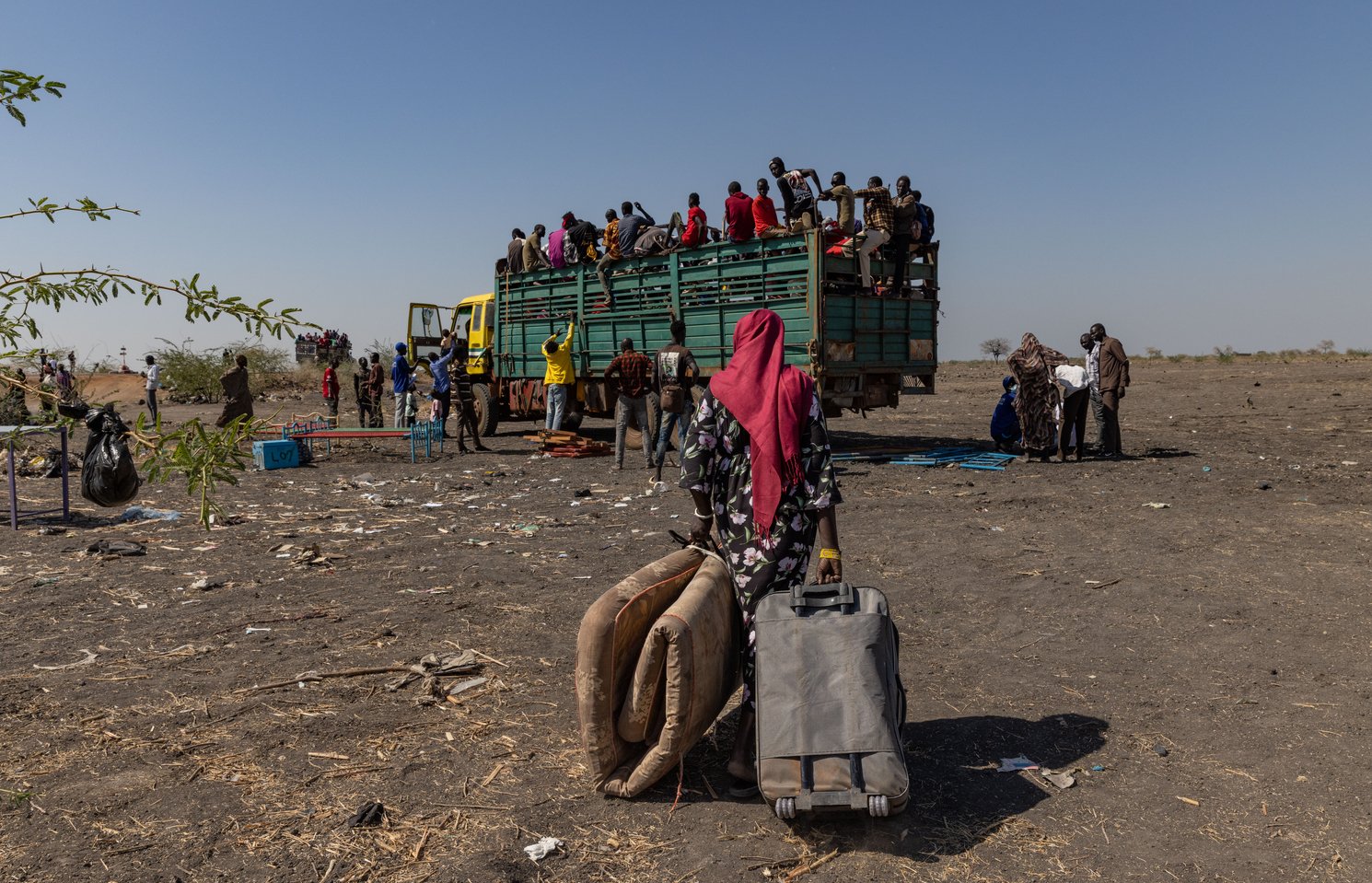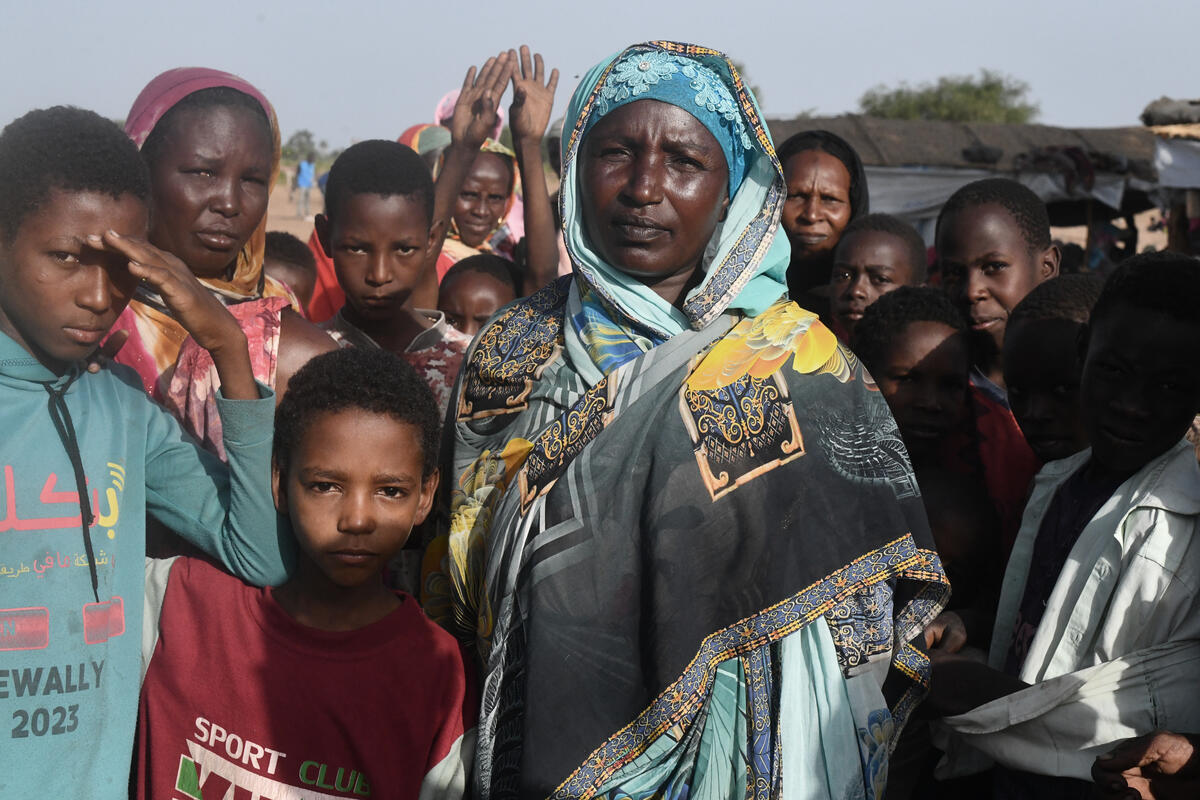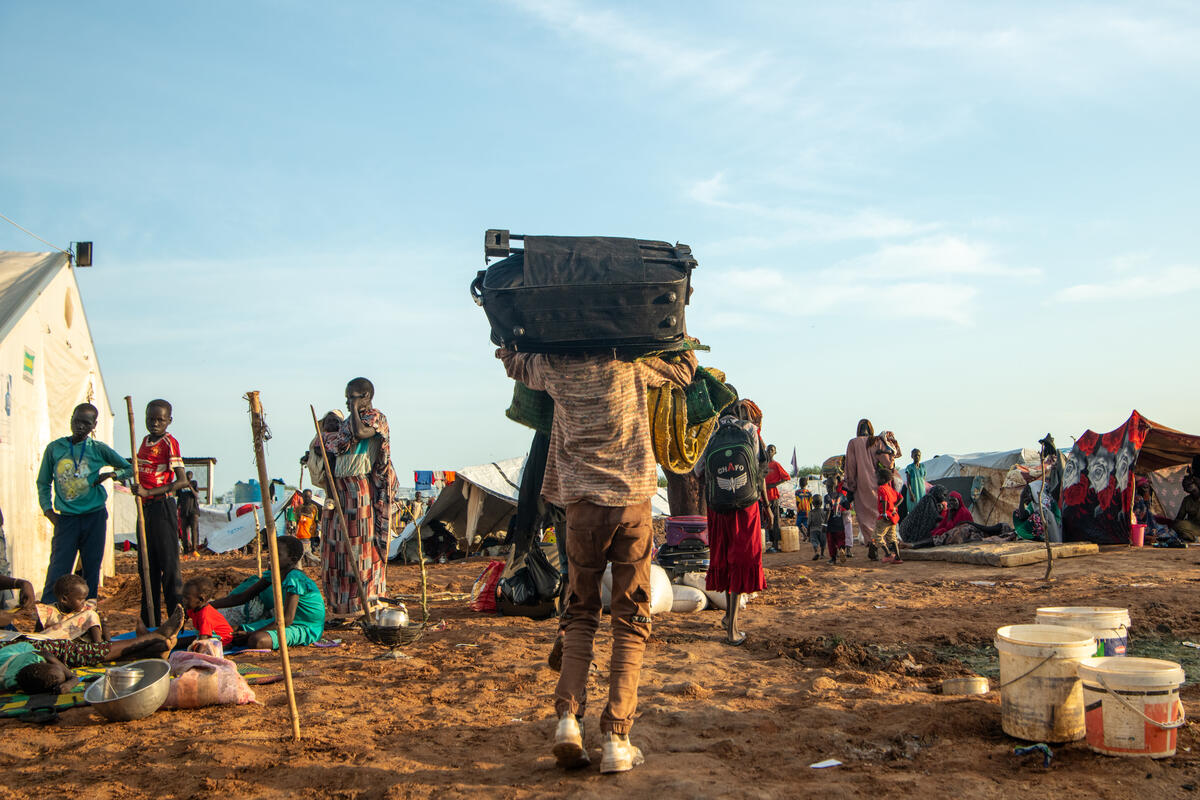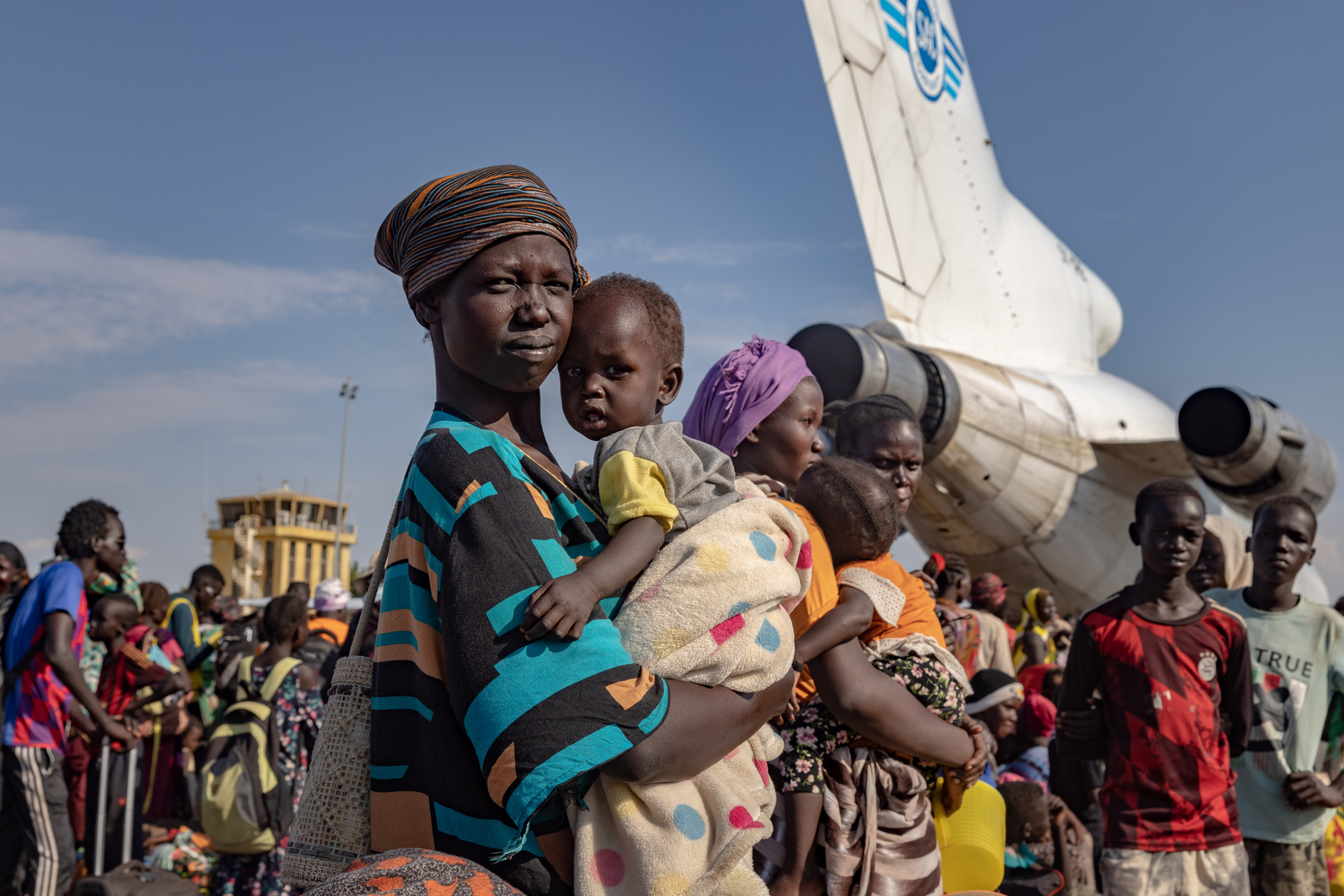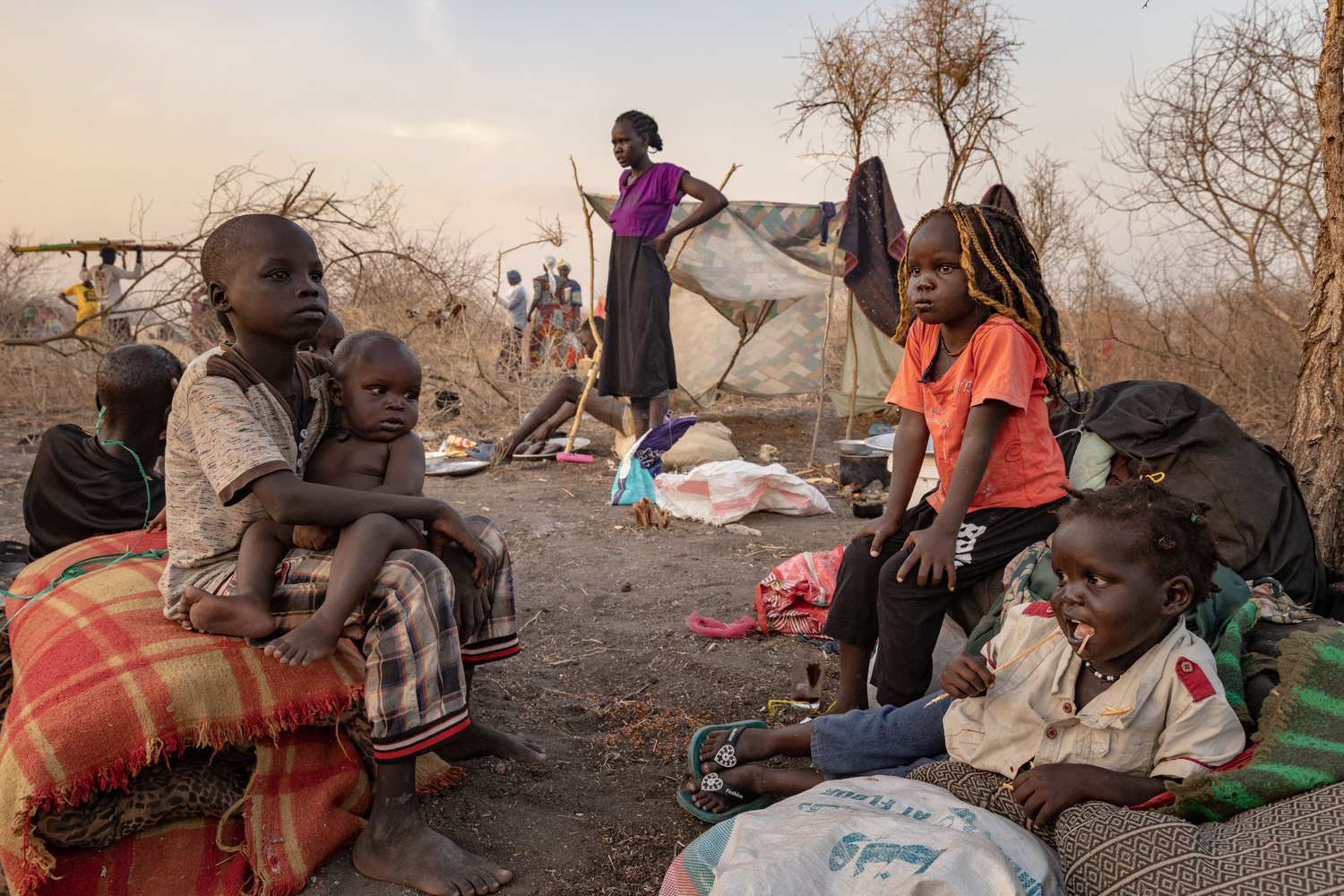Situation in CAR remains unstable, humanitarian access difficult, civilians in fear
Situation in CAR remains unstable, humanitarian access difficult, civilians in fear
Three months after the ousting of the Central African Republic (CAR) government, UNHCR is extremely concerned for the situation of more than 200,000 internally displaced people and over 20,000 refugees there.
Over the past month, and together with our partners, we have had some limited access to parts of Bangui, as well as further afield in CAR - namely Ouham, Batangafo, Bambari, Kaga Bandoro and Mbaiki. These visits were intended to assess the general situation of people affected by the recent insecurity. The findings are very troubling.
Overall, there remains a serious absence of security, and lawlessness is widespread. Our staff on these missions received reports of arbitrary arrest and illegal detention, torture, extortion, armed robbery, physical violence including sexual violence, rape and attempted rape, abduction, restriction of movement, targeted lootings and attacks on civilians. Villages and houses had been burnt down in some areas by armed groups.
Violence against women, girls and boys had also increased. Humanitarian agencies, working under an inter-agency response, have been giving assistance and counselling to victims in some locations.
Of additional concern to UNHCR is the recent arrest of one of our former government counterparts who worked in Bangui. We are currently seeking information about this person from the authorities, and assurances of his safety.
Although schools have reopened in parts of CAR, in many areas they remain closed. Access to health and basic services is also very limited. Mothers with new-born babies in many areas have no access to medical care and new births are not being registered.
Despite the volatile security situation, UNHCR and its partners are coordinating efforts to assist refugees living in camps in CAR (mainly of Congolese and Sudanese nationality).
UNHCR, along with the World Food Programme and the International Medical Corps, has been able to distribute food to some 11,000 refugees in the refugee camps of Batalimo, Bambari and Zemio. Refugees also received plantation seeds in the Zemio refugee camp.
In neighbouring Democratic Republic of Congo (DRC) where over 40,000 CAR refugees have arrived, UNHCR continues to work with the national authorities to relocate refugees from the bordering areas into safer locations. A majority of refugees are in DRC's Equateur and Oriental provinces.
Nearly 60,000 people have fled CAR since December 2012. As more people continue to flee insecurity, the total number of refugees from CAR in the region now stands at over 220,000. UNHCR has recorded some 1000 refugees arriving in DRC last month.
For information on this topic, please contact:
- In DRC, Djerassem Mbaiorem on mobile +243 81 880 6729
- In Geneva, Babar Baloch on mobile +41 79 557 9106

